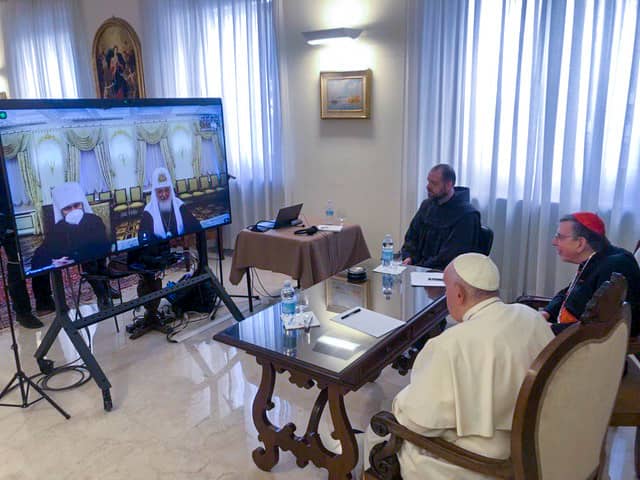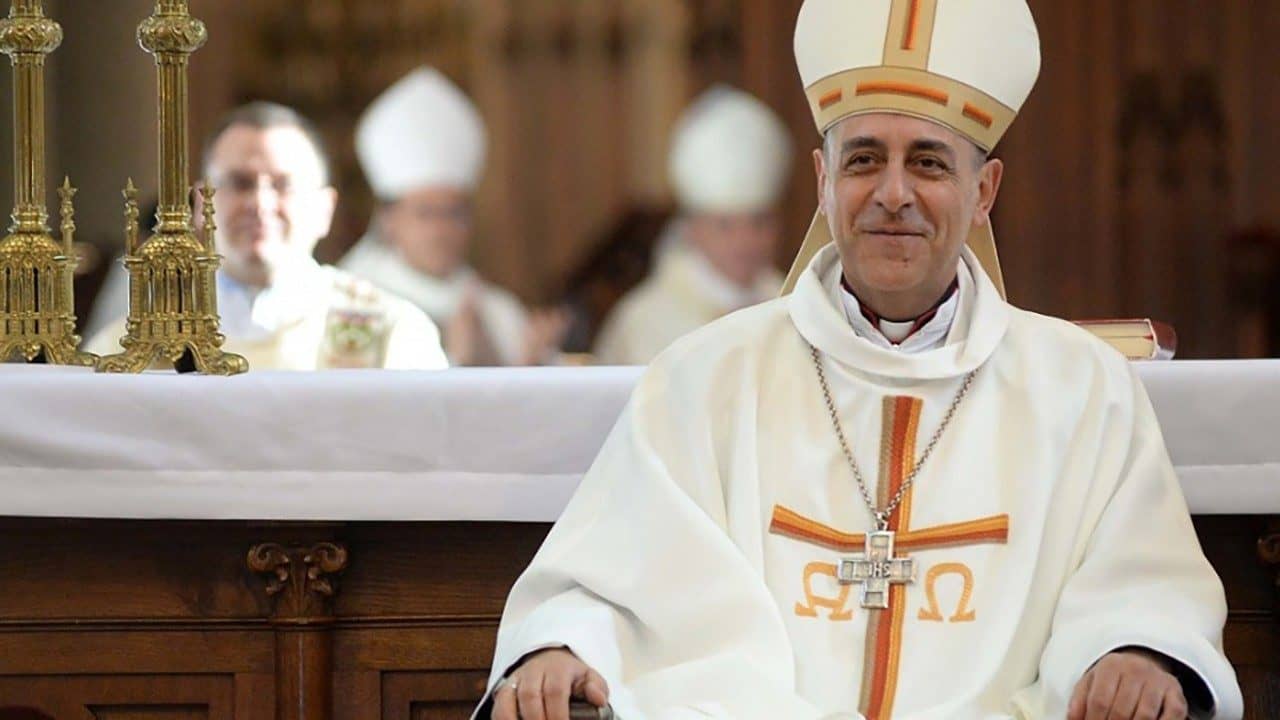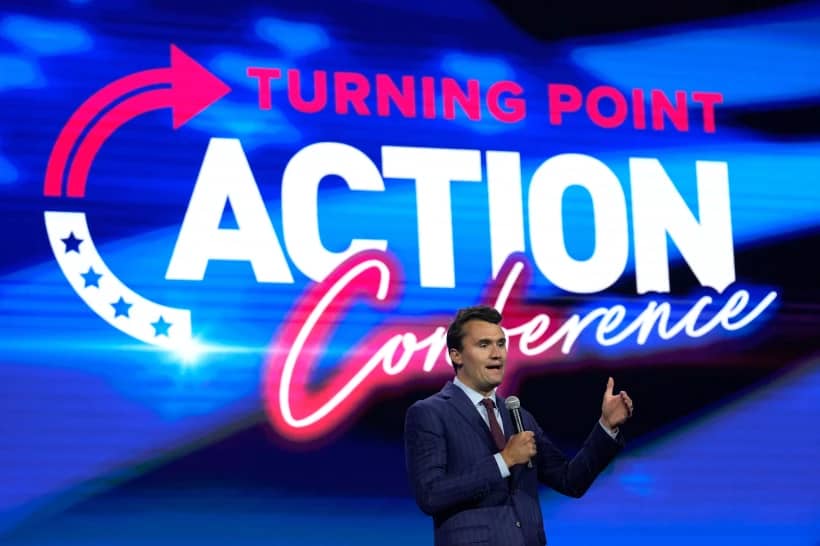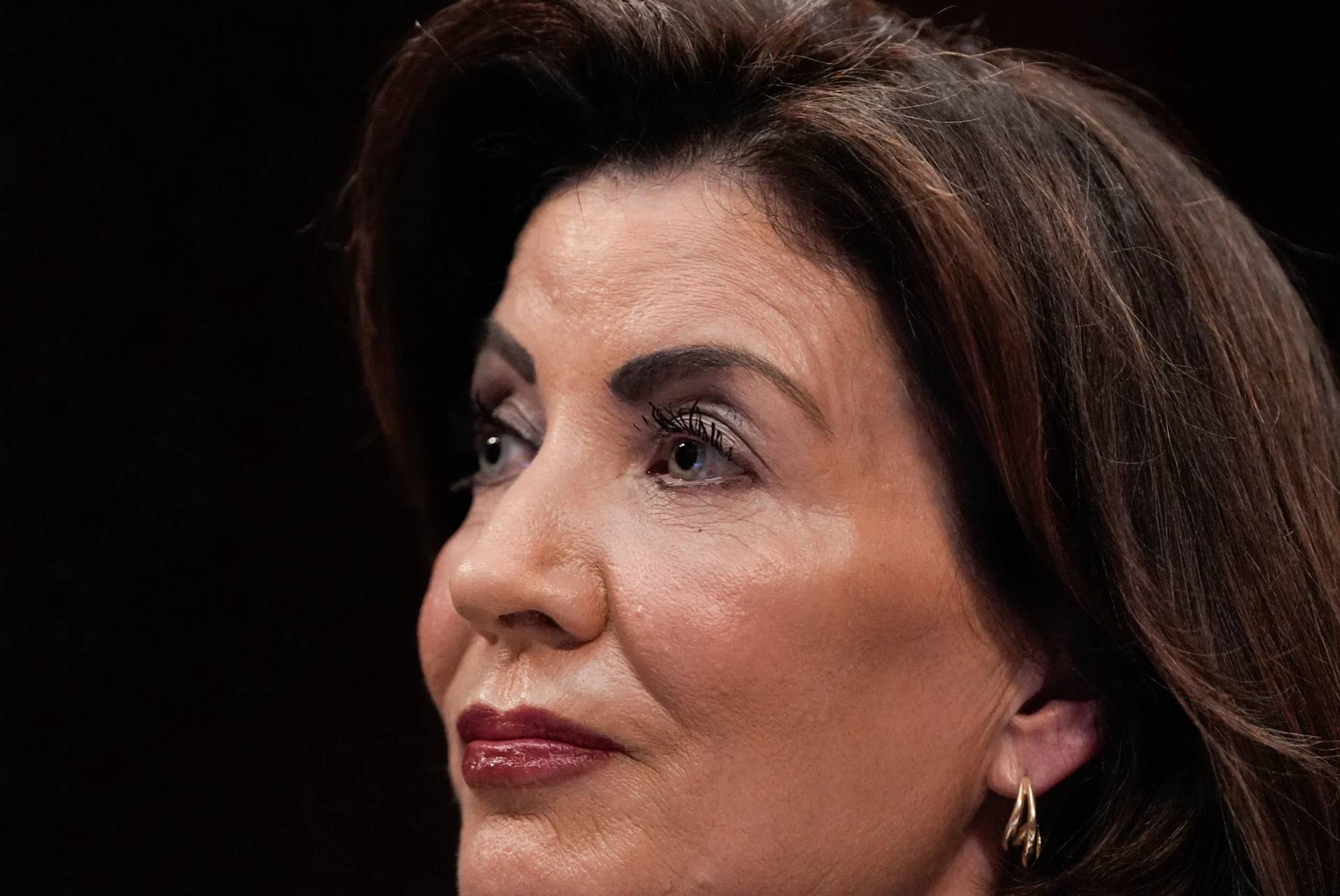ROME – Somewhere out in the ocean right now, a small buoy is measuring wave direction and speed, along with barometric pressure and water temperature, feeding that data back to observatories. Even small upticks or downticks may signal the first stirrings of what could become a devastating storm.
You don’t need special equipment, however, to detect warning signs right now of a legal tsunami that may be heading for the prosecution in the Vatican’s “trial of the century,” which pivots on a $400 million London real estate deal gone wrong, and, for the first time ever, features a cardinal in the dock.
On Wednesday, the penal section of the Italian Supreme Court dismissed an arrest order that had been issued at the request of Vatican prosecutors for Gianluigi Torzi, a London-based Italian financier who’s a principal defendant in the Vatican trial. Though we don’t yet have the text of the ruling, in effect the Supreme Court found the evidence submitted by the Vatican insufficient to sustain a charge.
The decision follows a similar ruling by a British judge in March, who also threw out a Vatican request for Torzi to be arrested, citing what the judge called “appalling” misrepresentations and omissions in the evidence submitted by the Vatican’s Promoter of Justice.
The Italian ruling is only the latest setback for the prosecutors, who were in the embarrassing position earlier this month of having to ask a three-judge Vatican tribunal to withdraw all the evidence they’ve submitted so far and allow them to start over.
(That request was granted only in part, as judges decided that the bulk of the case will go ahead.)
In addition, there’s increasing criticism of possible conflicts of interest at the Promoter of Justice, given that the Vatican brought in a well-known Roman defense lawyer, Alessandro Diddi, to serve as an adjunct prosecutor in this case. Diddi defended a notorious alleged Roman mobster named Salvatore Buzzi in a recent high-profile mob trial, facing off against the chief prosecutor for the city of Rome, Giuseppe Pignatone, who’s now the chief judge on the Vatican tribunal. That coincidence – or is it? – has prompted questions about whose interests Diddi is really serving.
A further sign of trouble came in an Oct. 6 ruling from the Vatican tribunal signed by Pignatone, in which the prosecution was ordered to inform the court of the legal status of its star witness, Italian Monsignor Alberto Perlasca – who, by all accounts, was actually a prime mover in the London deal, and who has escaped prosecution to date only by rolling over on his former confederates.
Among legal observers, the order amounted to a warning from Pignatone that if the prosecution doesn’t charge Perlasca, the court could do so itself. What impact such a move might have on Perlasca’s willingness to continue cooperating remains to be seen.
At bottom, what may be playing out here may be the inevitable consequence of a couple of fundamental weaknesses in the prosecution case.
First, the core accusation regarding the London deal is that two Italian businessmen, Torzi and, before him, Raffaele Mincione, conspired with figures in and around the Vatican to overbill for commissions and fees, thus defrauding the Vatican to the tune of millions of Euro. The problem is that each of transactions in question were approved – in most cases explicitly and in writing – by Italian Cardinal Pietro Parolin, the Vatican’s Secretary of State, and by the sostituto, the number two official under Parolin.
In the first phase of the deal, it was then-Archbishop Angelo Becciu, who was later made a cardinal by Pope Francis only to be stripped of his privileges and fired from his new post at the Congregation for Saints. In the second, more crucial phase, the sostituto was Venezuelan Archbishop Edgar Peña Parra, who’s still in power.
Only Becciu has been charged, while prosecutors have insisted that Parolin and Peña Parra were innocent victims.
Maybe, but it’s still hard to argue that a payment was a crime when it was explicitly approved by everyone in the system with the authority to do so. That was the primary basis for the ruling by Judge Tony Baumgartner of Southwark Crown Court in the UK in March dismissing Torzi’s arrest warrant, who held that Torzi can’t be charged with a crime when detailed signed contracts “speak for themselves.”
In other words, this may have been a boneheaded investment but not a crime (except by the Hunter S. Thompson standard that “in a closed society where everybody’s guilty, the only crime is getting caught.”)
Second, it’s also possible that, at least in some cases, the wrong people have been charged.
It’s hard to know, for example, what Swiss lawyer René Brülhart and Italian lawyer and Anti-Money Laundering and Terrorist Financing expert Tommaso di Ruzza, the former leadership team at the Vatican’s Financial Information Authority (AIF), are doing in the middle of all this. In effect they’re charged with failure of supervision, but the primary agency in the London deal, the Secretariat of State, is one over which AIF never had any supervisory authority.
Mostly, it’s hard to know why Perlasca hasn’t been charged. Even Peña Parra, in a written statement to the court, described him as the ringleader of a “rotten and predatory” system within the Secretariat of State designed to pressure superiors into signing off on dubious transactions.
While it’s impossible to predict the eventual outcome of the trial, what seems crystal clear by now is that it’s not going to be smooth sailing for the Vatican’s equivalent of the D.A. We’ll see if the case ends up capsized by the storm, or if prosecutors somehow can still right the ship.
Follow John Allen on Twitter: @JohnLAllenJr

















